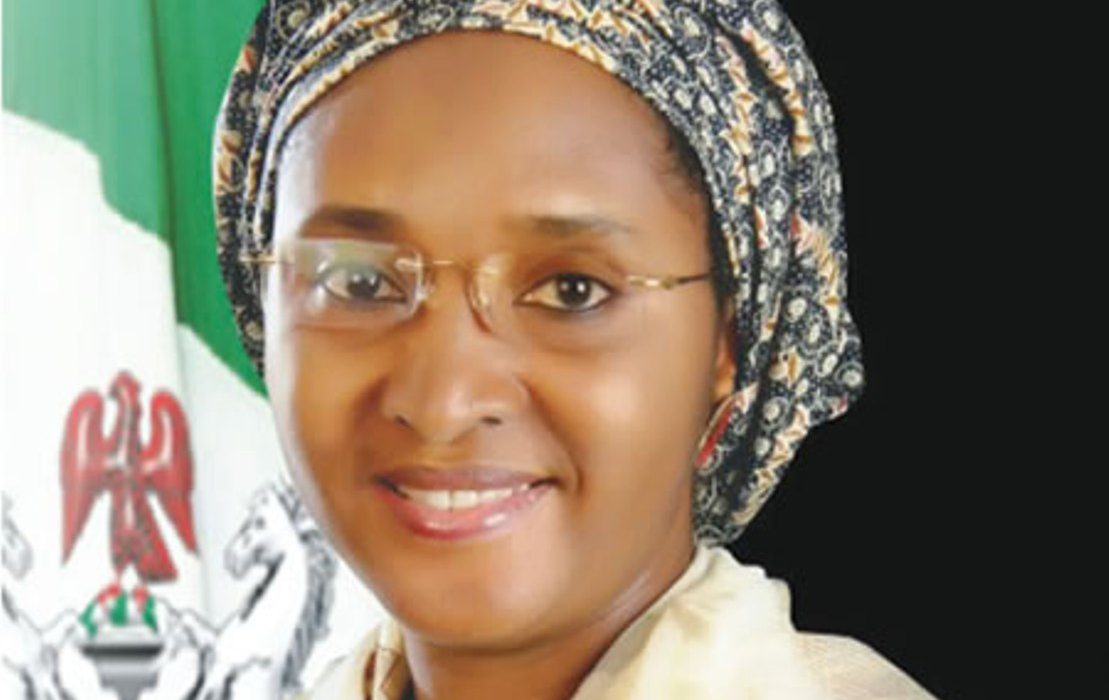Ahead of the 2023 budget proposal, economic experts have begun to pick holes in the performance of the 2022 national budget.
This is coming as the Presidency prepares to lay the proposed budget for 2023 before the National Assembly in October.
The issue of debt service to revenue is of the critical factors identified as being responsible for the poor performance of the 2022 budget.
For the 2023 fiscal year, the Minister of Finance, Budget and National Planning, Hajiya Zainab Ahmed had hinted that an aggregate expenditure of N19.76 trillion is being planned.
The budget deficit for the 2023 fiscal year might be between N11.3 trillion and N12.4 trillion, depending on the choice that would be made by the Federal Government on the issue of fuel subsidy payment.
Experts, however, identified the issue of debt service to revenue as one of the critical factors responsible for the poor performance of the 2022 budget.
BudgIT, a civic-tech organisation leading in advocacy for transparency and accountability in Nigeria’s public financial management, said the debt service-to-revenue ratio reached alarming levels within the first four months of 2022.
Reports have it that the country’s current debt service, which stood at N1.94 trillion from January to April 2022, is over 100 per cent of the nation’s revenue, which was N1.64 trillion, within the same period.
In 2022’s first quarter, Nigeria’s public debt rose to N41.6 trillion from N39.56 trillion recorded at the end of December 2021, putting enormous pressure on debt servicing.
The Guardian reported that a budget performance report showed that gross oil and gas revenue for the full year 2022 was projected at N9.37 trillion but as of April 30, 2022, only N1.23 trillion was realised out of the prorata projection of N3.12 trillion, representing a mere 39 per cent performance.
The reports showed that oil revenue underperformed due to significant oil production shortfalls such as shut-ins resulting from pipeline vandalism and crude oil theft and high petrol subsidy cost due to higher landing costs of imported products.
Non-oil taxes also fell far below targets marginally, with an average performance of 92.6 per cent.
Experts say budget performance in the last year has been nothing but sub-optimal.
Their position was informed after x-raying two federal ministries – the Ministry of Industry, Trade and Investments as well as the Ministry of Finance, Budget and National Planning respectively.
A Professor of Economics, at the Olabisi Onabanjo University in Ogun State, Prof. Sheriffdeen Tella observed that the trade and industry sector had not performed better than other sectors.
According to him, the oil subsector, which normally dominates trade, is unable to perform despite the opportunity, as Nigeria was unable to meet up with the Organisation of Petroleum Exporting Countries (OPEC) crude oil allocations.
